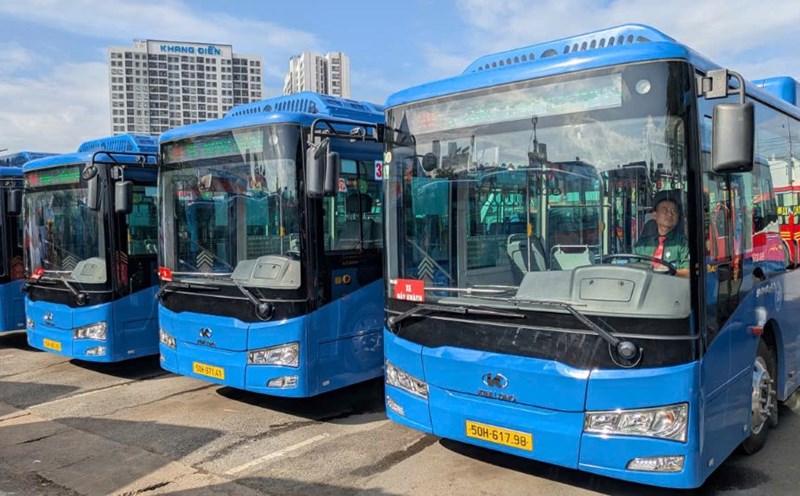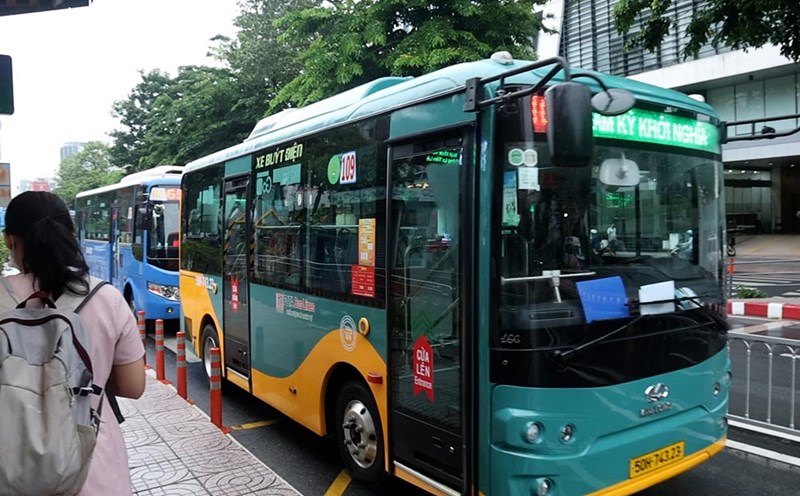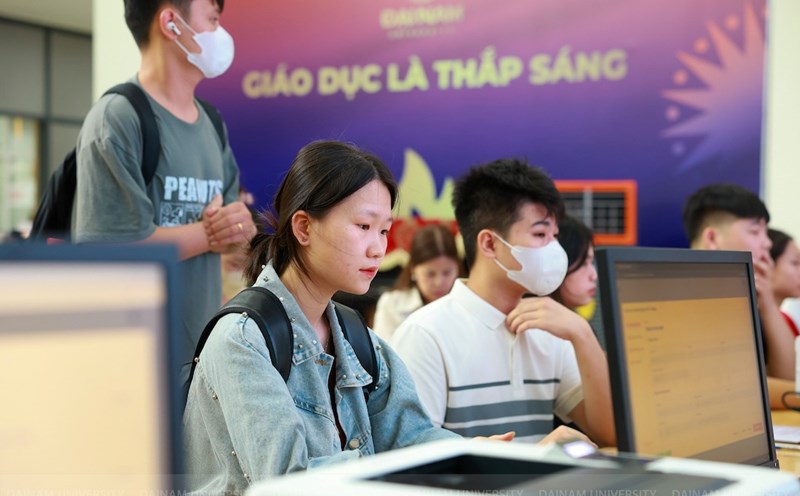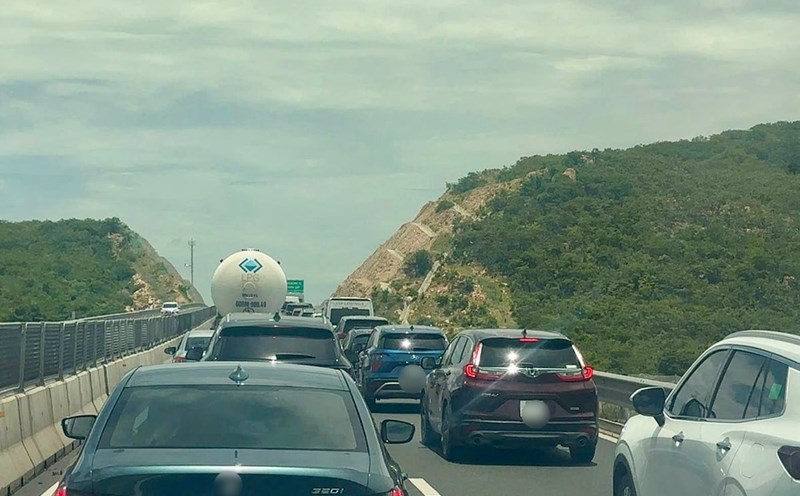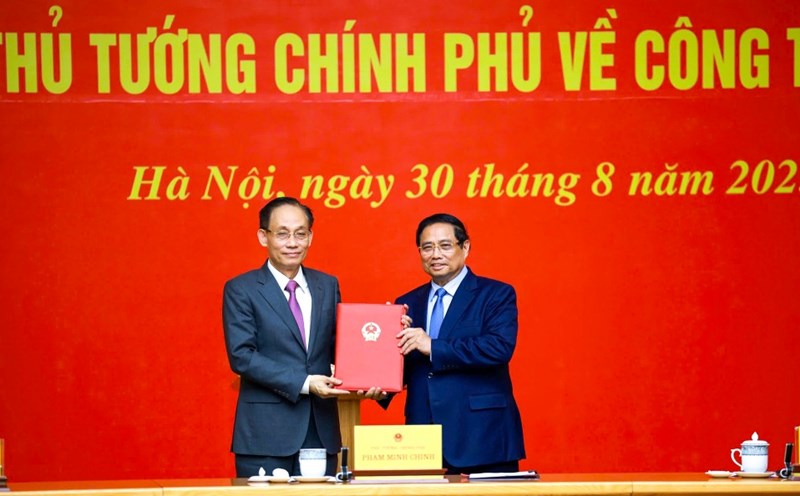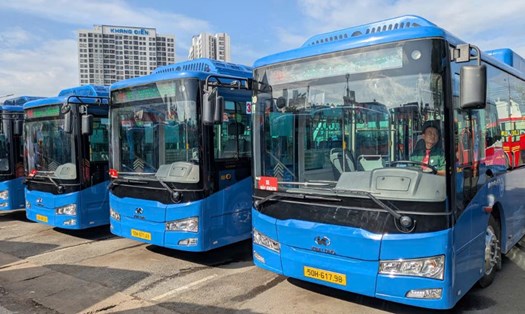Conversion roadmap
According to the draft Resolution regulating the roadmap and policies to support conversion, from 2025, all newly opened bus routes will use electric vehicles. In the 2025 - 2029 period, bus routes with current subsidies will continue to be exploited until the contract expires.
After the contract expires, the vehicles will be replaced according to a specific roadmap. Diesel or CNG buses that have been used for more than 15 years will have to stop operating and be replaced with electric vehicles or green energy vehicles. For CNG buses under 15 years old, they can continue to be exploited until their term expires but not exceeding 15 years. Diesel buses are only allowed to operate until 2029. For non-subsidized bus routes, including both inner-city and inter-provincial, all vehicles will have to switch to using electric vehicles.
Regarding loans, enterprises are supported with a maximum of 85% of the total project investment (no more than 300 billion VND), with a fixed interest rate of 3%/year for 7 years. For charging station investment, the maximum support loan is 200 billion VND/project, of which technology and equipment are prioritized for loans of up to 85%.
On August 26, at a social criticism conference organized by the Vietnam Fatherland Front Committee of Ho Chi Minh City, many experts assessed this policy as necessary but the support policy is still not attractive enough.
Ms. Ung Thi Xuan Huong - Chairwoman of the Ho Chi Minh City Bar Association - said that the new draft only stops at supporting interest rates, making it difficult to create strong incentives for businesses to invest. She suggested that the city add more financial incentives and simplify administrative procedures, moving towards digitizing records to reduce the burden on businesses.
Lawyer Nguyen Van Hau - Deputy Head of the Ho Chi Minh City Bar Association - proposed building a more diverse financial policy framework, such as battery leasing or financial leasing. It is necessary to apply the principle of "expanding the responsibility of manufacturers" in waste battery treatment, forcing businesses to be responsible throughout the product life cycle.
Determined to greening traffic
From the business perspective, Mr. Tran Nguyen Thai - Director of Bao Yen Bus Company - emphasized that the key issue is charging station infrastructure.
"If the charging station is not located near the parking lot, it will be very difficult to operate effectively. The reasonable distance should be 10-15km between stations" - Mr. Thai said.
The Public Transport Management Center (Ho Chi Minh City Department of Construction) said that it is studying the investment of 19 large charging stations, with a total cost of about 400 billion VND. The stations will be located at key traffic hubs such as Saigon Bus Station, Cho Lon, Van Thanh, Binh Thai, and Tan Phu, Hoc Mon, Cu Chi, Can Gio areas... with an area of 50m2 to nearly 800m2.
These stations will serve nearly 700 electric vehicles on 47 subsidized bus routes, expected to be operational from 2027.
Mr. Bui Hoa An - Deputy Director of the Ho Chi Minh City Department of Construction - said that road transport is a large source of emissions, accounting for about 40% of PM2.5 fine dust in the city. Without a solution, traffic jams and pollution will become increasingly serious.
HCMC needs to take the lead in switching to green vehicles. In addition to electric vehicles, the city is also considering new energy solutions such as hydrogen, said Mr. An.
According to Mr. An, the current bus system has not met travel needs well, but when combined with metro and green vehicles, the rate of people using public transport is expected to reach about 20% by 2030. To achieve this goal, the State must continue to play a leading role, both building policies and subsidies so that people can easily access them.
The leader of the Ho Chi Minh City Department of Construction affirmed that he will fully absorb criticism to complete the draft Resolution and submit it to the Ho Chi Minh City People's Council. Mr. An also called for the consensus of people and businesses, considering this a prerequisite for Ho Chi Minh City to succeed in the "green transformation" roadmap, towards a green - clean - sustainable city.


